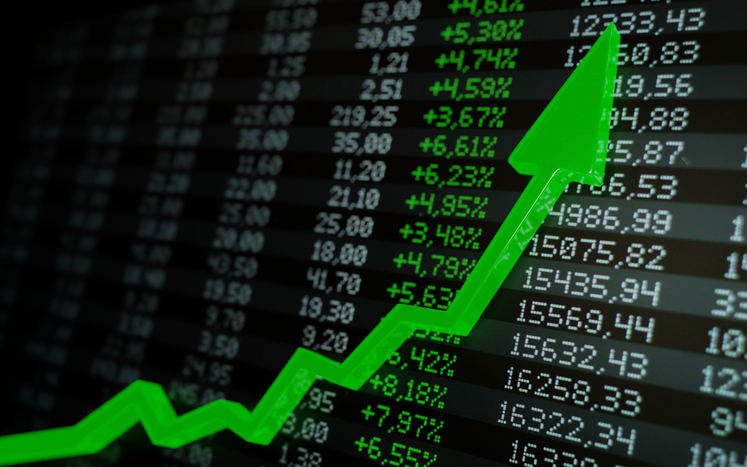S&P launches ESG Dividend Aristocrat indices
The index provider is launching five new indices that incorporate ESG.
27th April 2021 12:57
by Tom Bailey from interactive investor
The index provider is launching five new indices that incorporate environmental, social and governance (ESG) criteria.

S&P Dow Jones Indices has announced the launch of sustainable versions of its Dividend Aristocrat indices.
The index provider is launching five new indices that incorporate environmental, social and governance (ESG) criteria. They are:
- S&P Developed ESG Dividend Aristocrats Index
- S&P ESG High Yield Dividend Aristocrats Index
- S&P Global ESG Dividend Aristocrats Index
- S&P Global ESG Dividend Aristocrats Quality Income Index
- S&P Euro ESG High Yield Dividend Aristocrats Index
S&P Dow Jones’ Dividend Aristocrat indices are popular among investors looking for income strategies. One of the most followed is the S&P Global Dividend Aristocrats Index. This index tracks companies that have increased or maintained dividends for at least 10 consecutive years and simultaneously have a positive return on equity and cash flow.
The new ESG-screened version, the S&P Global ESG Dividend Aristocrats Index, appears to be the same with added ESG criteria.
- The cheapest way to buy high-flying FTSE 250 index
Want to invest ethically? ii’s ACE 40 list of ethical investments can help
- Your chance to win £1,000: take part in the Great British Retirement Survey
As a result, there’s plenty of variation between the two. Both have a relatively similar weighting to financials at around 25%. However, there are big differences when it comes to utilities. This sector accounts for over 18% of the S&P Global Dividend Aristocrats Index. This falls to 8.6% in the new ESG screened version. Meanwhile, communication services rise from just over 9% in the original index to 14.6% in the new ESG-screened version. Information technology is also better represented in the ESG-screened version.
The original S&P Global Dividend Aristocrats Index was often accessed by investors via the SPDR® S&P Global Div Aristocrats (LSE:GBDV). This ETF had previously been on interactive investor’s Super 60 list before being removed at the start of 2021 due to the “higher risks associated to the strategy”.
As I pointed out last year, one problem with this ETF was its performance compared to other income ETFs. Part of the issue was that the way the index was constructed meant more exposure to traditional high-yielding stocks found in ‘value’ sectors.
However, the ESG screen will potentially change that, as a result of the sector weightings mentioned above. Time will tell whether the major ETF providers will launch products tracking the new ESG-screened indices. ESG ETF inflow figures, however, suggest there is likely appetite.
- Tom Bailey: active funds are useful – without being in your portfolio
- The cheapest ways to invest in European stock recovery
- Is this the best ETF to profit from the rise of e-commerce theme?
Commenting on the new indices, Reid Steadman, global head of ESG Indices at S&P Dow Jones Indices, commented: “S&P Dow Jones Indices is proud to offer ESG versions of many of our most well-known and respected benchmarks, such as our Dividend Aristocrats and flagship US equities index family. The S&P ESG Dividend Aristocrats Indices include a layer of sustainability screens, reflecting the market’s growing recognition of the financial materiality and impact of ESG issues on corporate balance sheets.”
These articles are provided for information purposes only. Occasionally, an opinion about whether to buy or sell a specific investment may be provided by third parties. The content is not intended to be a personal recommendation to buy or sell any financial instrument or product, or to adopt any investment strategy as it is not provided based on an assessment of your investing knowledge and experience, your financial situation or your investment objectives. The value of your investments, and the income derived from them, may go down as well as up. You may not get back all the money that you invest. The investments referred to in this article may not be suitable for all investors, and if in doubt, an investor should seek advice from a qualified investment adviser.
Full performance can be found on the company or index summary page on the interactive investor website. Simply click on the company's or index name highlighted in the article.